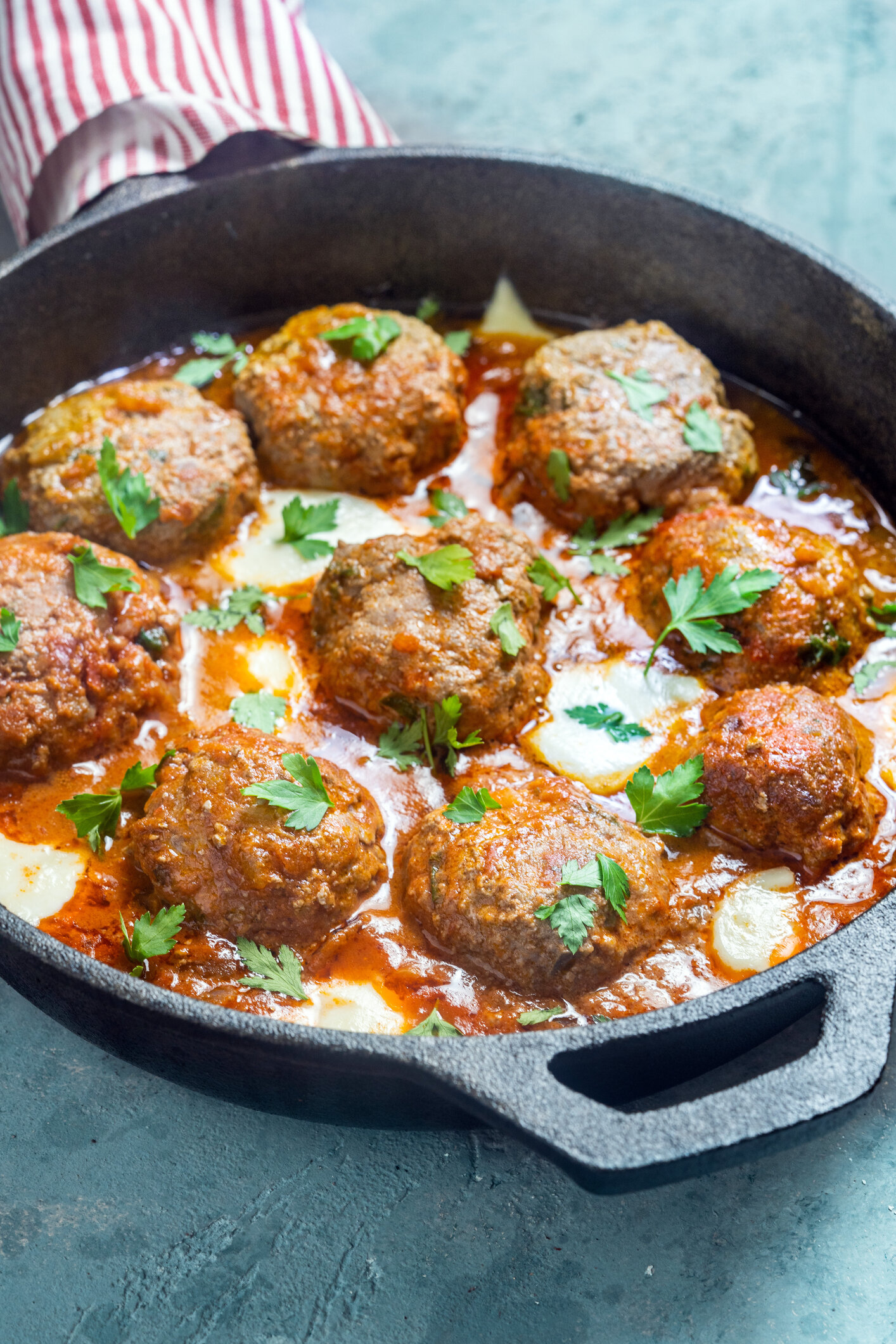Can You Eat Beef When Following A Mediterranean-Style Diet?
Image Credit: Getty / Carlo A
This post is a collaboration with Beef. It’s What’s for Dinner. managed by NCBA, a contractor to the Beef Checkoff. I received compensation, but all opinions are my own.
Each May, we look forward to celebrating National Mediterranean Diet month – created to shine a light on this heart-healthy and delicious dietary pattern that has been around for centuries.
Adopting eating patterns of people who live in countries close to the Mediterranean Sea, this diet is loaded with food choices that are nutrient-dense like olive oil, fruits, and nuts.
Specifically, the Mediterranean Diet highlights the following foods as a large component of the diet:
· Fruits
· Vegetables
· Nuts
· Seeds
· Legumes
· Whole grains
· Herbs
· Spices
· Fish
· Seafood
· Extra virgin olive oil.
While limiting these food ingredients:
· Added sugars
· Refined grains
· Trans fats
· Highly processed foods
And while these guidelines may sound straight-forward, some may wonder whether they can enjoy some of their favorite foods that are not listed – specifically whether they can enjoy beef.
Can You Eat Beef When Following a Mediterranean Diet?
Delicious, versatile, and naturally containing important nutrients like iron and zinc, beef is a nutritious food that can fit into many diets. And when focusing on heart health, data suggests that lean, unprocessed red meat (i.e. beef and pork) can be included as part of a heart-healthy eating pattern without increasing cardiovascular risk factors. In other words, as long as you are choosing leaner options that are not highly processed (like hot dogs), your heart health should be a-ok if you enjoy fresh lean beef along with other Mediterranean diet-friendly foods.
In fact, in a randomized controlled study, researchers found that a Mediterranean diet that included lean beef helped lower risk factors for developing heart disease, including a lower LDL (bad) cholesterol.
Although traditionally the Mediterranean diet includes a more limited amount of red meat, this new study highlights that individuals have flexibility to include higher amounts of lean beef – up to 5.5 ounces per day in their Mediterranean-style diet.
In this study, participants followed a Mediterranean-style diet with varying amounts of lean beef, compared to a control group that followed a standard “American” diet.
The Mediterranean-style patterns in the study included 0.5 ounces, 2.5 ounces, and 5.5 ounces of fresh lean beef each day. Each study participant is randomized to follow a specific diet for four weeks. After this diet period, heart disease risk factors such as LDL cholesterol were measured. After at least a week break or “washout period”, the study participant then follows the next diet; and so on until all four diets have been followed. Studies like this are particularly effective because each individual serves as his/her own control – making any responses to the different diet treatments more meaningful
Regardless of the amount of beef consumed, the results of this study demonstrate that following the Mediterranean diet resulted in better heart health outcomes vs. the standard American diet, meaning that when combined with this style of eating, lean beef can be a positive addition to this dietary pattern. These results were published in the American Journal of Clinical Nutrition.
How To Enjoy Beef When Following a Mediterranean Diet
Including beef in your Mediterranean diet is simple to do with a little know-how. Following these easy steps will help you navigate your Mediterranean diet journey in an evidence-based and appropriate way:
1. The first step is to know the difference between which cuts of fresh beef are lean vs. higher fat or heavily processed selections. Lean ground beef, flank steak, and loin are all excellent options.
2. Combine your lean beef with other Mediterranean-friendly foods for optimal health benefits. So, prepare your lean beef meatballs and serve them on a bed of whole-grain quinoa drizzled with extra virgin olive oil and spices. Skip the fried side dishes and opt for nutrient-rich produce like sliced avocado, tomato, and onion – again, you can drizzle with extra virgin olive oil and sprinkled with sunflower seeds.
3. A cornerstone to following the Mediterranean diet is to take time to cook, prepare and enjoy meals with other people . Rather than eating in front of the TV or while distracted, make dinnertime an experience and savor your time and meal with people you love.
4. When preparing beef and using a marinade for your dish, choose homemade versions with ingredients like fruit juice, olive oil, garlic, and other unsweetened choices. Skipping pre-made and jarred marinades can help you avoid unintentionally adding sugar, saturated fat, and other ingredients that should be limited when following this diet.
Celebrating International Mediterranean Diet Month with Beef
Following the Mediterranean diet is truly a lifestyle change more than a traditional “diet”. Following this eating pattern will support your health journey in many ways, and now, the science supports including lean beef in your Mediterranean diet is not only tasty but also a fitting inclusion into a heart healthy diet.. So, enjoy your beef kabobs and your meaty pasta sauces knowing that you are supporting your health in a delicious way.
